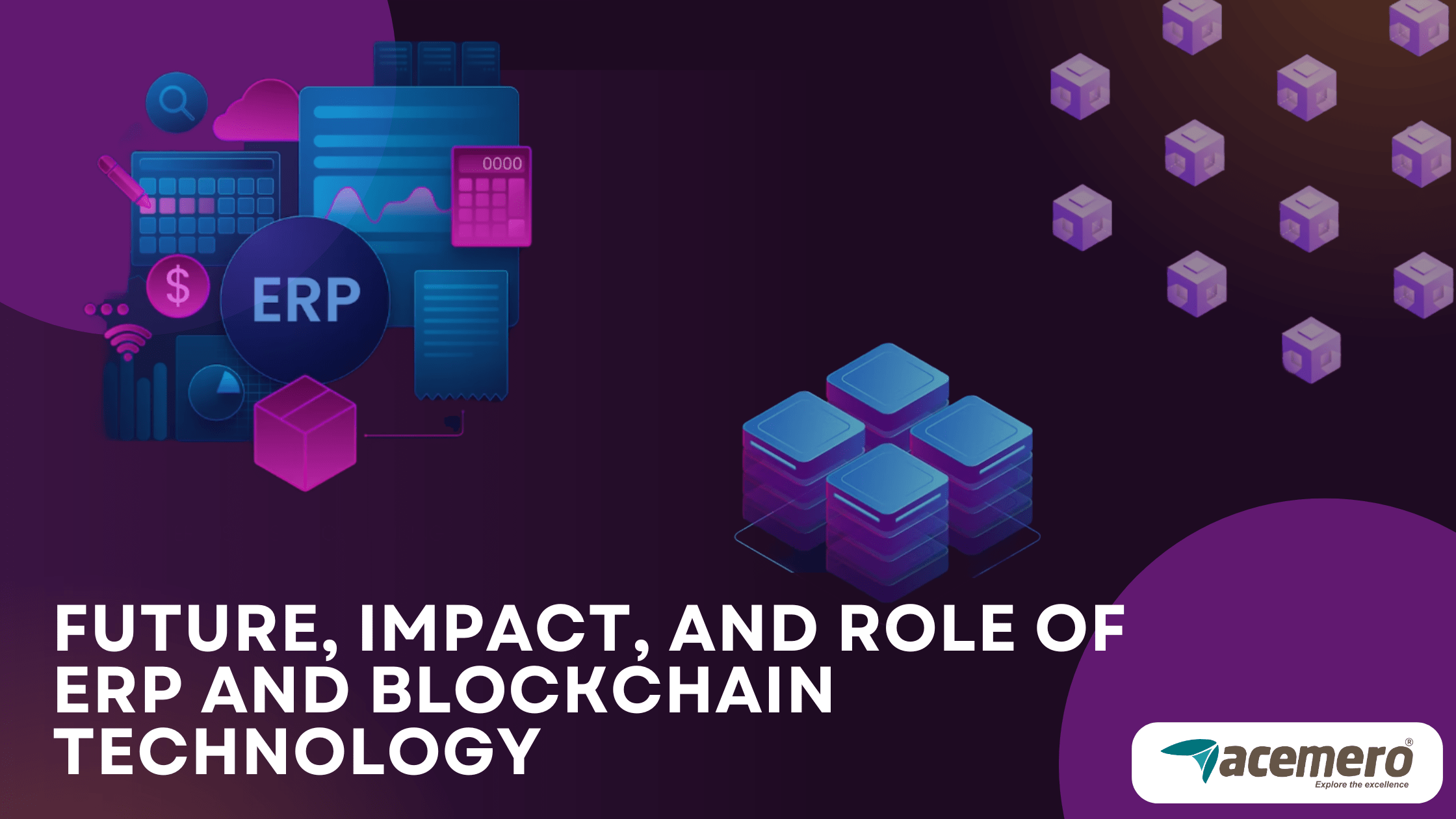
Early in 2021, students from the University of Maribor in Slovenia submitted essays to TEC on the effects of blockchain technology on several sectors of the software market.
Simona Sternad Zabukovek and Zdenko Deelak, from the Department of E-business at the Faculty of Economics and Commerce, are the authors’ mentors and students in the university’s postgraduate master’s program in information systems and e-business management.
Although blockchain and its structure appear to be complex, the idea behind it is actually rather straightforward. A decentralized ledger network called blockchain is transparent but encrypted. A database is one sort of blockchain.
As we live in a world in which it is hard to tell what’s true and what isn’t. More and more individuals are searching for solutions that allow full openness and visibility.
We require a system that will assist in lowering risk, stopping fraud, and operating in a transparent manner. This is the reason why many think blockchain technology will revolutionize contemporary social and economic structures.
Since more individuals are using their mobile devices and computers due to the COVID-19 epidemic, this is very important. In essence, we require a non-hackable system.
A growing number of businesses are investing in blockchain technology because it is either very hard or impossible to alter, cheat, or hack.
Blockchain application development can be used as a transaction ledger. Since it makes it possible to record and make immutable each and every transaction.
Several people now consider blockchain to be a solution for accounting recordkeeping in an era where programs must process tonnes of transactions every day.
Companies will be able to do business in a better and safer manner using the application of blockchain technology.
Blockchain technology has the potential to significantly influence the growth of supply chains for businesses. It is also a potential driver for enterprise business software platforms like enterprise resource planning (ERP).
Business software programs called ERP systems combine and simplify data from throughout an organization to provide a single, comprehensive answer to the demands of the entire enterprise (Bradford 2020).
The implementation of an ERP system enables the integration of data from all departments into a single system, streamlining business operations throughout the entire organization.ERP solutions have greatly increased corporate and other process visibility and efficiency.
The usage of ERP systems helps businesses to obtain real-time information to maximize resource utilization, improve planning procedures, optimize inventory levels, and even ensure same-day delivery of products to clients, thereby increasing customer satisfaction.
By integrating the data from all transactions inside the ERP network using blockchain technology, businesses can ensure that their data cannot be altered and that they have built an integrated platform for transaction management that can be used by all partners and stakeholders.
To have a quick-working system in this scenario, businesses would need to integrate blockchain into their ERP systems.
Digital currency is what cryptocurrency is. To safeguard all transactions, it employs cryptography. As cryptocurrency systems are decentralized, nobody, not even the government, has any power over them.
Companies may gain from quicker and more precise processing if they used cryptocurrency to pay for the goods and services they purchase.
Yet, miners are needed in order for a cryptocurrency payment system to work because they validate and time-stamp transactions.
There may be drawbacks or difficulties when integrating ERP with cryptocurrency and blockchain technologies.
Once a transaction is validated, miners are paid a very small percentage of the cryptocurrency involved. This can add up for businesses processing a large volume of transactions.
Additionally, some businesses that have tried to integrate blockchain technology into their ERP systems have lost data and had to make laborious corrections.
Conclusion:
ERP systems, blockchain technology, and cryptocurrencies can all be very beneficial to a business. Blockchain transactions’ blocks are encrypted, which strengthens the system’s security.
Furthermore, blockchain-based transactions typically go through faster and more seamlessly. A significant factor in the current promotion of blockchain is the transparency and visibility of each and every transaction.
– April 12, 2023 – 36 Views






